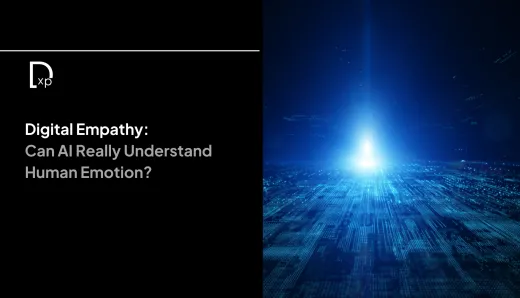Gen Z’s Skincare Revolution with ChatGPT: A Wake-Up Call for Beauty Brands
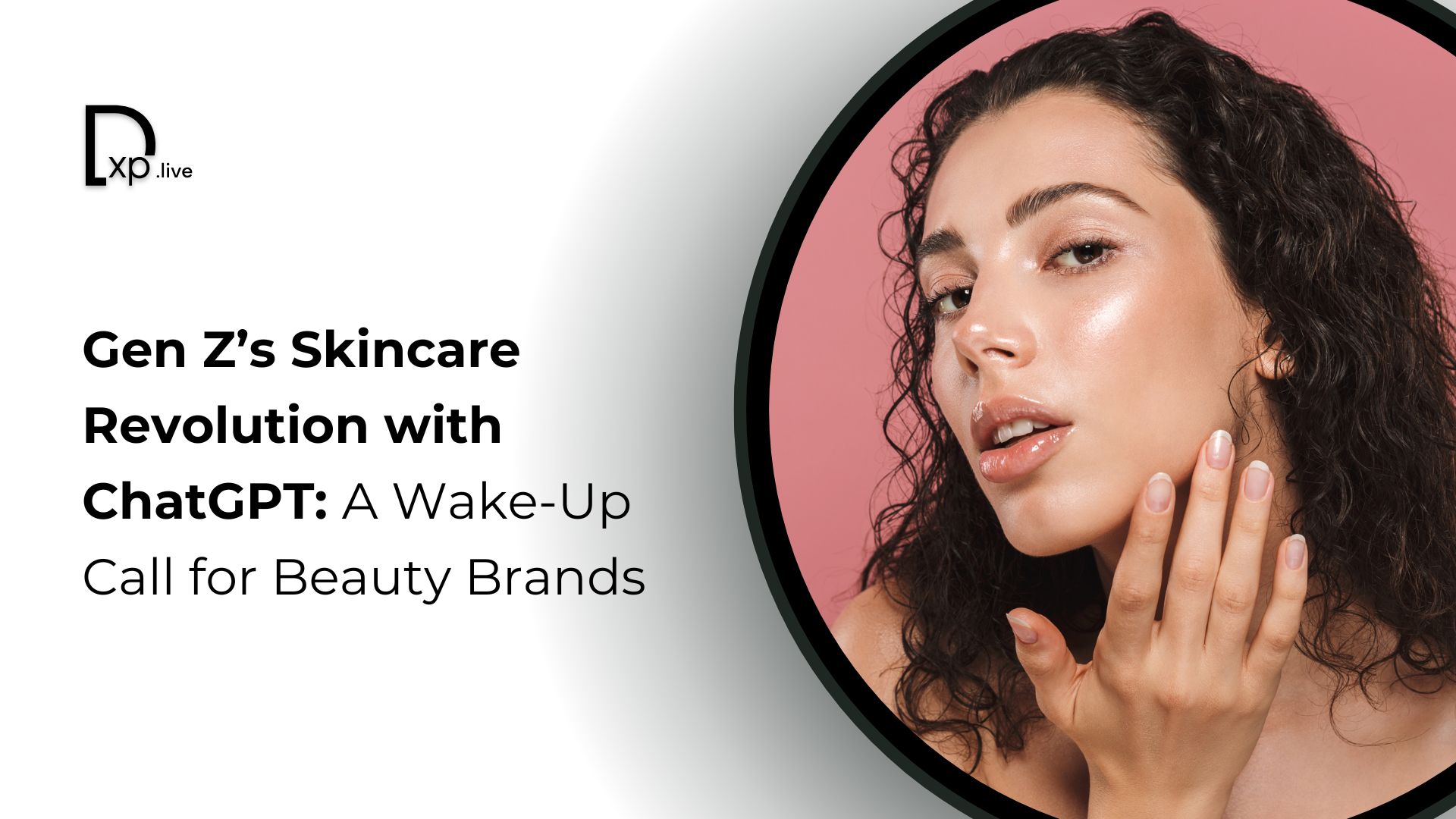
Our most recent crop, Gen Z, is revolutionizing skincare — choosing to go to ChatGPT-powered platforms for instant, personalized advice. This is a simple sign of the prevalent trend towards ease, convenience, and an ability to create tailored solutions, upending the conventional rules for skincare. Using virtual dermatology powered by AI has also become increasingly popular because it does so quickly and accurately—and this tech-savvy generation especially appreciates that about it. Now, however, as a narrow band of clever AI designers is wrapping itself around the ways consumers behave, skincare brands find themselves on a cusp, both a necessity and a threat to their survival. This blog takes you into what it means for skincare in the realm of AI, what are the opportunities for innovation and how can one survive in an evolving landscape where this whole industry is evolving.
Curious about how ChatGPT is transforming skincare for Gen Z? Subscribe now and uncover actionable insights to future-proof your brand!
Gen Z and Skincare: The Perfect Storm for AI Tools
Tech-Savvy Consumers:
Using AI tools, Gen Z is rethinking skincare as the first digital generation to ever grow up with the Internet and redefining skincare with a digital-first mindset for instant and personalized solutions. Gen Z is a digital age demographic that uses AI-driven platforms for product recommendations 87 percent of the time, and that’s an indication of where they favor the most up-to-date technology.
Social Media Influence:
AI-powered skincare is being driven by platforms such as TikTok and Instagram. Tools like ChatGPT to get skincare advice are a viral trend, which goes on to make tech to help with your skincare routine the main course.
Convenience Above All:
Gen Z is in a hurry in their fast-paced lives and loves that AI tools are readily available 24/7 to support their skincare 24/7. It is changing modern consumer behavior by prioritizing ease and accessibility.
Key Takeaway
For brands to keep up with Gen Z's digital habits, icons of the skincare world must adopt an AI solution in order to retain relevance and continue to compete effectively in the market.
Why ChatGPT Is Becoming Gen Z’s Go-To Dermatologist
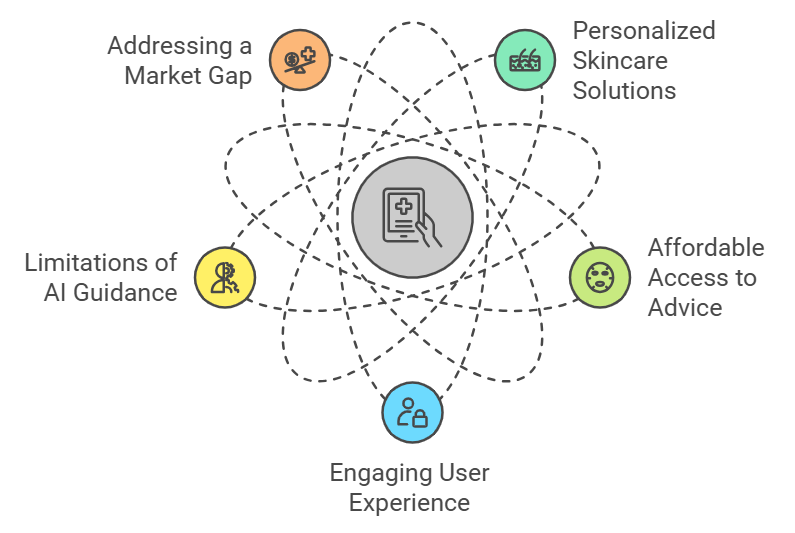
Personalized Skincare Solutions: One of the things that stands out about ChatGPT is that it is able to quickly and specifically provide advice in relation to things like acne, dryness, and sensitivity to the skin. One reason that Gen Z loves it is its ability to adapt responses based on user input.
Affordable Access to Advice: By being so free or inexpensive, ChatGPT indeed democratizes access to dermatological insights, in that skin care guidance becomes easy for anyone, no matter how rich or how poor.
Engaging User Experience: With its conversational and interactive tone, ChatGPT builds trust by mimicking human interaction, fostering a sense of connection and reliability.
Limitations of AI Guidance: While helpful, ChatGPT cannot replace professional dermatological expertise. There’s potential for misdiagnosis or unsafe recommendations, necessitating caution.
Addressing a Market Gap: ChatGPT’s increasing popularity speaks to a growing demand for affordable, personalized skincare solutions — an opportunity that the skincare industry must both act on and continue to innovate around.
What This Trend Means for Skincare Brands
The shift in Consumer Behavior:
With 68% of Gen Z preferring AI-generated skincare recommendations over traditional consultations (source: XYZ), brands need to rethink their engagement strategies. This trend signals a departure from conventional advice channels like dermatologists and beauty counters, emphasizing digital convenience and personalized solutions.
Pressure on Transparency:
In an era of informed consumers, skincare brands must prioritize ingredient transparency and disclose efficacy data. AI compatibility is increasingly vital, as trust hinges on clear, credible communication about product benefits and technological integrations.
Rise of AI-Integrated Shopping:
AI tools like ChatGPT are revolutionizing e-commerce by offering tailored product suggestions that drive purchase decisions. Skincare brands leveraging this technology can tap into higher customer satisfaction and conversion rates.
Opportunities for Brands in an AI-Driven Market
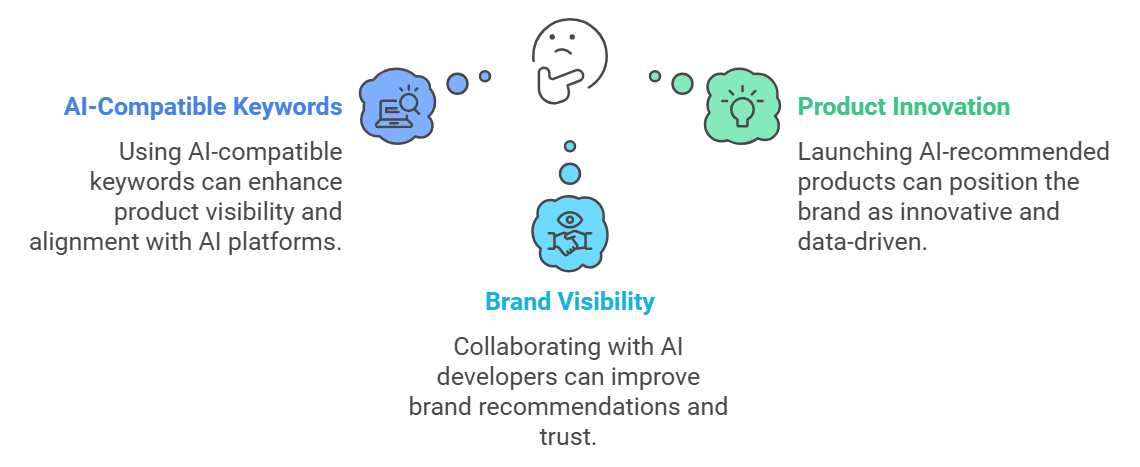
Adapting to AI Algorithms:
In an AI-driven market, brands need to now work with AI-compatible keywords like 'hydrating' or 'anti-inflammatory' in their product data to succeed. It also means AI platforms like ChatGPT can serve their users those products that are most recommended.
Product Innovation:
Design multi-functional products leveraging AI insights to solve customer-prevalent problems. That means that if you’re exploring the possibility of launching your own skincare kits for acne or sensitive skin, you can launch “AI recommended” branding for that, taking you as the innovative and data-driven brand.
Brand Visibility on AI Platforms:
Work with AI devs to present branded recommendations within tools such as ChatGPT. That makes it easier to get a bird’s eye view, trust built by experience.
Challenges and Ethical Considerations
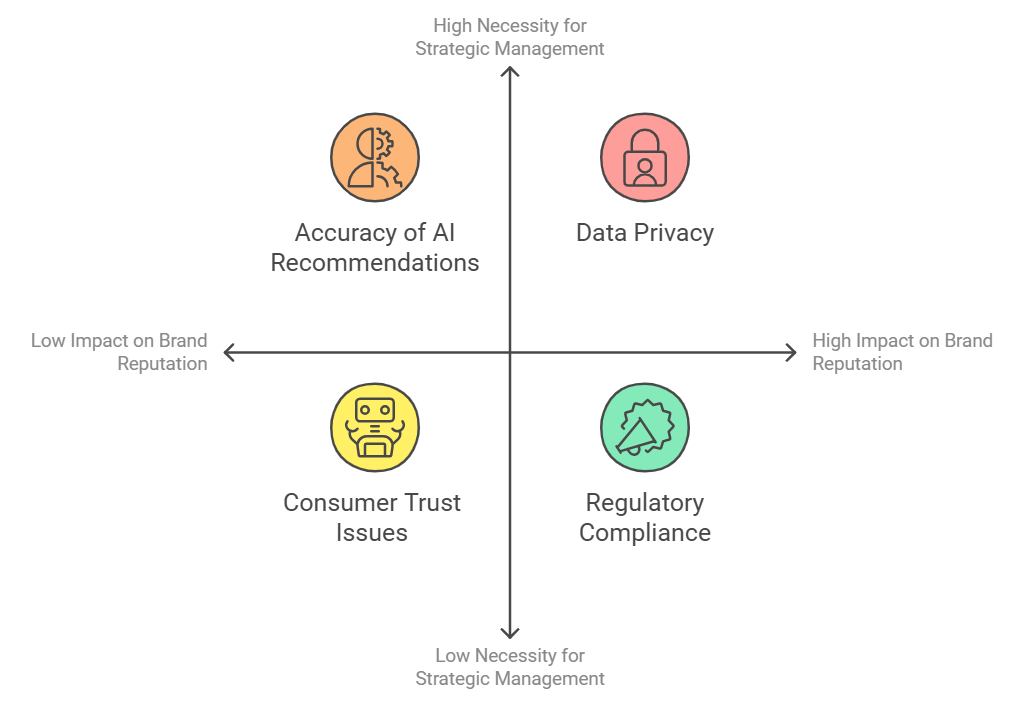
Accuracy of AI Recommendations:
A brand’s lifecycle relies on maintaining a brand reputation, which underpins everything they do. Misinformation about products could mislead consumers and create untrust and potentially harm. The brand recommends reliability and accuracy and that is made possible with regular monitoring and fine-tuning of AI systems.
Consumer Trust Issues:
It is often questioned whether AI-driven recommendations are safe, of good quality, or authentic. To build consumer trust, transparency in the decision-making that guides AI advice should be provided alongside clear communication around the benefits and limitations of many AI-generated advice recommendations.
Data Privacy:
Ethics in AI is challenged by protecting consumer data. As safety threats become more direct — such as breaches and issues with privacy laws — brands must put into place robust security measures to prevent them.
Regulatory Compliance:
When AI product recommendations lead to unintended consequences we create legal risks. Complied with industry-determined rules and passed stringent testing makes ensure adhesion to regulations and reduce liability fears to maintain customers’ safety and trust.
Strategic Action Plan for Brands
Develop AI-Compatible Content: Publish AI-optimized blog posts, guides, and product descriptions in Google NLP-friendly language. Monetize your FAQ by creating exclusive conversational AI-specific pages, enhance your search visibility, and improve user engagement.
Launch Branded AI Tools: Proprietary AI assistants to engage the consumer from build with personalized features such as skincare quizzes, tips, and recommendations. This facilitates interactive, valuable user experience.
Collaborate with Influencers: Validate AI-driven product suggestions with Gen Z influencers as partners. Authentic endorsements and organic endorsements show trust and remain aligned with evolving consumer expectations.
Enhance Transparency: It means sharing detailed clinical studies and real reviews in real-time to establish credibility. Content in transparency builds trust in the AI-driven brand solution following Google EEAT standards.
Future of AI in Skincare
AI-Powered Beauty Apps and Devices
The future of AI in skincare lies in innovative beauty apps and smart devices, that seamlessly integrate with tools like ChatGPT. These technologies offer users real-time insights, product recommendations, and tailored skincare advice, revolutionizing self-care routines.
Hyper-Personalized Skincare Lines
Consumers are increasingly demanding skincare solutions tailored to their unique needs. AI empowers brands to create hyper-personalized products by analyzing individual skin conditions, preferences, and environmental factors.
Virtual Try-Ons and Product Testing
AI enhances the virtual skincare experience through advanced try-on tools and product simulations. These technologies enable customers to visualize results and test products without physical contact, driving informed and confident purchases.
Final View: Embracing the AI Evolution
The Mark of the AI revolution is arriving, and Gen Z, similar to the voice of today, is relying more on ChatGPT for skincare tips. This is a trend that underlines how brands should integrate artificial intelligence into their strategy and start seeing tech-savvy audiences more as a tech-savvy audience than a group of people.
However, in this era, brands have to put transparency and authenticity on a priority basis to thrive. It fosters loyalty and earns long-term consumer trust by meeting Gen Z’s need for clear, trusty information.
To adapt to AI-driven trends, we need to use technology that helps enhance the customer experience. If businesses embrace innovation, they could align with Gen Z expectations and make themselves competitive in the digital world.
FAQs:
1. Why is Gen Z using ChatGPT for skincare advice?
Gen Z relies on ChatGPT for skincare because it offers fast, personalized, and affordable recommendations. Unlike traditional dermatologists or beauty consultants, ChatGPT is accessible 24/7 and adapts to their specific skin concerns, making it a convenient option for a tech-savvy generation.
2. Can ChatGPT replace professional dermatologists for skincare advice?
While ChatGPT provides helpful skincare tips, it cannot replace professional dermatologists. AI tools like ChatGPT are excellent for general advice, but they cannot diagnose medical skin conditions or provide tailored treatments, which only licensed professionals can do.
3. How is ChatGPT’s popularity impacting skincare brands?
ChatGPT is reshaping how skincare products are discovered and recommended. Brands must optimize their product descriptions for AI platforms, emphasize transparency, and align with the preferences of Gen Z, who prioritize personalized and science-backed solutions.
4. How can skincare brands adapt to the rise of AI-driven tools like ChatGPT?
Skincare brands can adapt by creating AI-compatible content, partnering with AI developers, and offering personalized skincare solutions that align with ChatGPT's recommendations. Emphasizing product safety, efficacy, and transparency is also critical to gain trust in an AI-influenced market.



